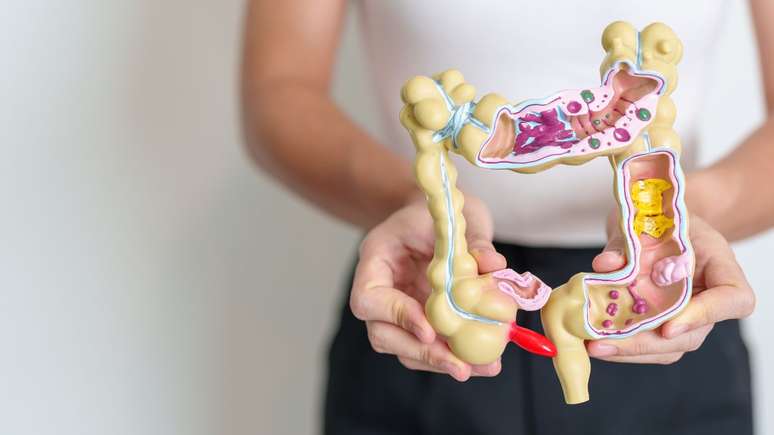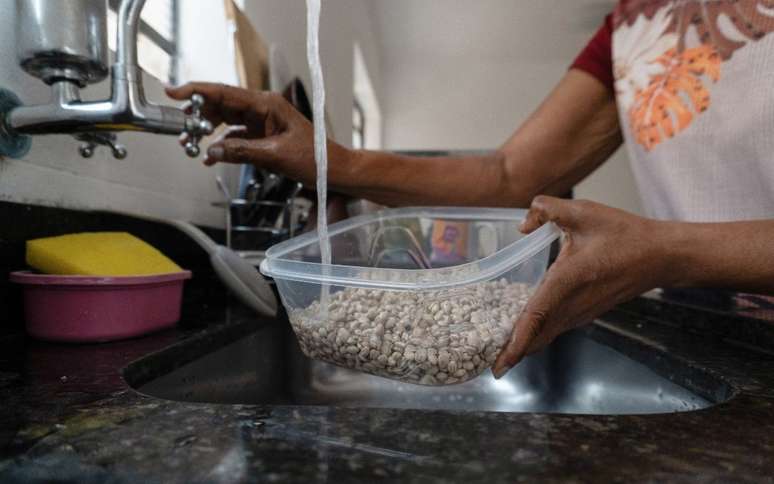Experts warn that bowel cancer, one of the most widespread in the world, is strongly linked to common habits; understand
Bowel cancer, also known as colorectal cancer, develops from the abnormal growth of cells in the colon or rectum. According to the International Agency for Research on Cancer (IARC), it is the third most common type of cancer in the world and the second leading cause of cancer death, which reinforces the importance of talking about prevention and habits that can influence its appearance.
Understand risk factors
Age and family history are among the main risk factors. Most diagnoses occur in people over age 50 or with genetic predispositions, such as Lynch syndrome and familial adenomatous polyposis. Inflammatory bowel diseases, such as Crohn’s disease and ulcerative colitis, also increase your chances of developing the problem.
But lifestyle plays a decisive role. Smoking, physical inactivity, obesity and poor diet have been identified as important causes of the increase in cases worldwide.
Food: what increases and what reduces risk
Diet is one of the most influential factors in preventing bowel cancer. While fruits, vegetables and whole grains help protect the body, excessive consumption of red meat, processed meats and saturated fats is linked to a significantly increased risk of disease.
1. Consumption of red and processed meat
Studies show that meats such as sausage, bacon, ham and sausage contain substances (such as nitrates and nitrites) that, during digestion, can turn into carcinogenic compounds. Additionally, preparation at high temperatures, such as on the barbecue or in a pan, can generate chemicals that can alter cellular DNA. According to the World Cancer Research Fund (2023), completely eliminating processed meats from your diet could prevent up to 8,500 cases of bowel cancer each year among men and women.
2. High-fat diets
Excess fats, especially saturated and trans fats, are linked to obesity and increased production of bile acids, which can turn into compounds harmful to the colon. In the long term, this process creates an environment favorable to the onset of tumors.
3. Lack of fiber in the diet
Fiber is essential for good intestinal functioning and helps eliminate potentially toxic substances before they remain in the intestine for too long. Present in fruit, vegetables and whole grains, they promote healthy intestinal flora and reduce the risk of colorectal cancer.
4. Alcohol consumption
The warning is clear: according to the World Health Organization (WHO), there is no safe dose of alcohol. Frequent consumption of the drink increases the risk of several types of cancer, including bowel cancer. This happens because alcohol turns into acetaldehyde, a toxic substance that damages the intestinal lining and hinders the absorption of protective nutrients, such as folate.
5. Excess sugar
A study published in The journal of nutrition revealed that diets with a high intake of simple sugars – such as fructose, glucose and maltose – increase the risk of colorectal cancer, especially in people aged 45 to 54. Soft drinks, sweets and desserts are the main villains in this case.
Prevention is the best way
Although genetics and age are factors we cannot change, daily choices have a great impact on prevention. Maintaining a balanced diet, rich in fiber and low in ultra-processed foods, practicing regular physical activity and avoiding the consumption of alcohol and cigarettes are attitudes that significantly reduce the risk of bowel cancer. Taking care of your intestinal health is, first and foremost, an act of self-care. After all, small changes at the table can represent years of life with greater well-being and vitality.
Source: Terra
Ben Stock is a lifestyle journalist and author at Gossipify. He writes about topics such as health, wellness, travel, food and home decor. He provides practical advice and inspiration to improve well-being, keeps readers up to date with latest lifestyle news and trends, known for his engaging writing style, in-depth analysis and unique perspectives.








